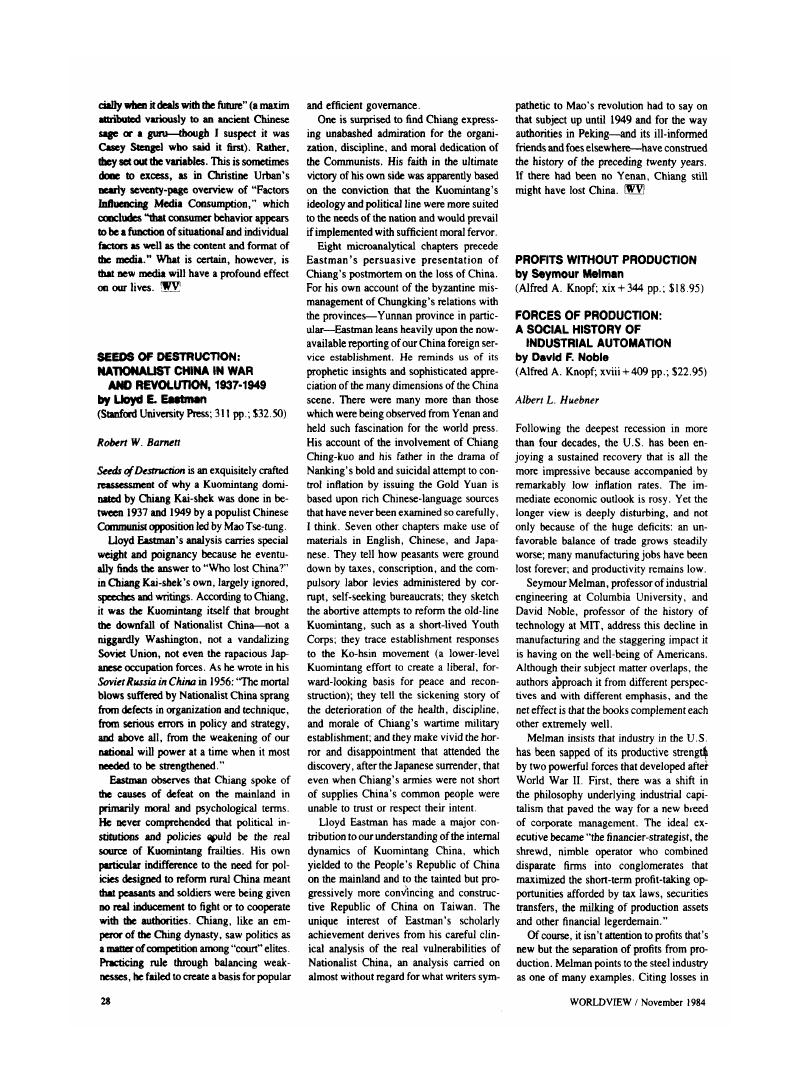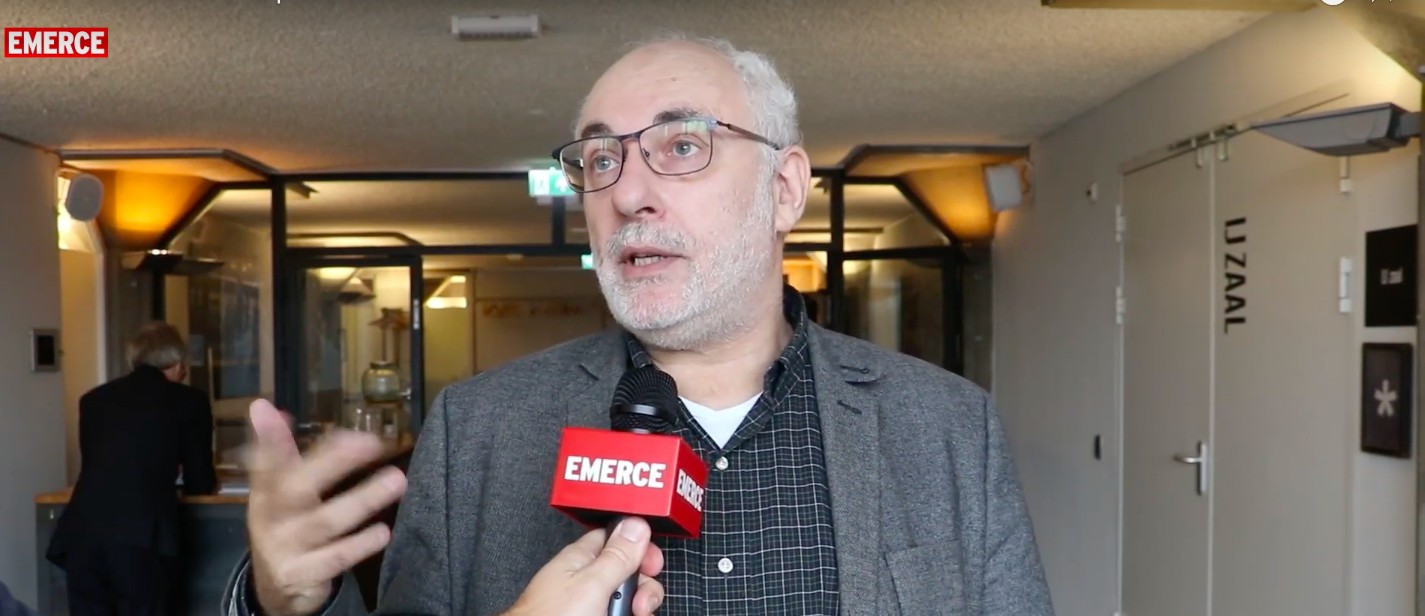


with Christopher Lasch, the notable historian and prominent social critic. 2Ī native of New York City, David Franklin Noble grew up in Miami, attended the University of Florida (majoring in chemistry and history), then moved north to the University of Rochester to earn his Ph.D. A series of polemical essays found their way into Digital Diploma Mills (2001), which targeted computer-driven online education, while Progress Without People (1993, 1995) brought together his activist-journalism and congressional testimony on the social effects of machine-tool automation. His subsequent critique of the Western ideology of progress, which he traced back to the religious inspirations and impulses behind Western science and technology, appeared in A World Without Women (1992), The Religion of Technology (1997), and Beyond the Promised Land (2005). With these two books he made a critical and historical appraisal of technology from a Marxist perspective. His corpus of scholarly work and activism had an underlying logic and overall direction. Across more than three decades, he published seven major books of which America by Design (1977) and Forces of Production (1984) are likely the best known to readers of this journal. For him, history was authentic and contested, and the miners’ strike was (sorry to put it this way) nothing to be dancing about. They intone, with evident resignation: “The ground is empty, and cold as hell / But we all go together when we go.” 1 ĭavid Noble described himself as a scholar, a journalist, and an activist. In a “consolatory fantasy of personal escape,” Billy successfully makes it to the Royal Ballet School in London, even while it is made clear that the loss of the strike means that it is curtain time for the miners.

Pitched street battles are conveniently offstage in the musical, while onstage the striking miners and the strike-breaking policemen have a lively ensemble dance. Billy’s personal journey to achieve artistic fulfillment plays out against the backdrop of the 1984–85 coal-miners’ strike, an epic twelve-month battle in which Margaret Thatcher’s government crushed the dying embers of old-labor militancy. Adapted from the 2000 film by screenwriter Lee Hall, with uplifting music composed by Elton John, Billy Elliot tells the story of a young working-class boy in a coal-mining community in northern England who has unusual talent for ballet dancing-to the mortification of his father and older brother. That evening, the popular musical’s commodification of working-class life struck the wrong note. It was a surreal experience seeing Billy Elliot the day I learned of David Noble’s unexpected and untimely passing.


 0 kommentar(er)
0 kommentar(er)
